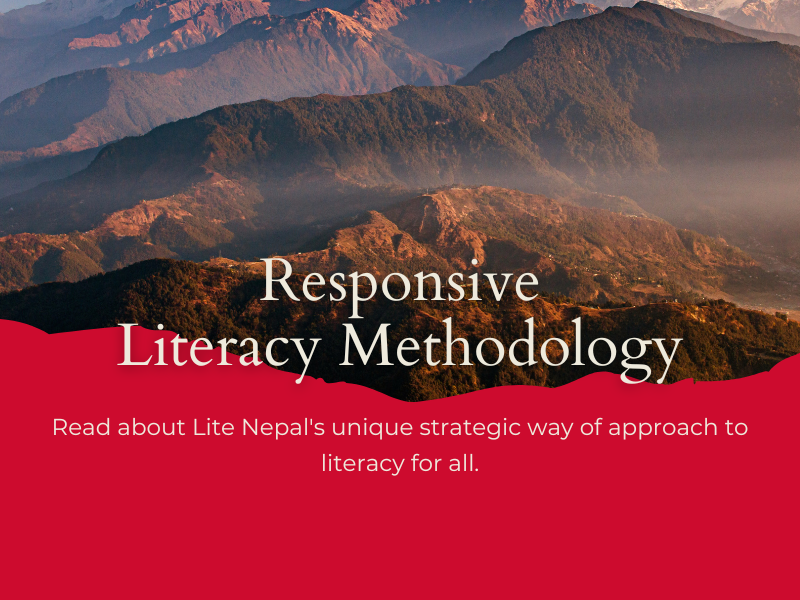At our organization, we believe in the power of culturally-responsive literacy implementation to truly empower communities in Nepal. Our strategic approach begins with comprehensive research. It helps in understanding the unique language, culture, and customs of various communities. By selecting volunteers from within these communities and providing them with the right training, we ensure a locally grounded approach to teaching literacy. This article delves into our distinctive methodology, highlighting the importance of cultural sensitivity and community engagement in promoting basic literacy.
Research: Unveiling the Cultural Tapestry
Before embarking on any literacy initiative, we conduct in-depth research to unravel the intricate threads of each community’s language, culture, and customs. This step allows us to grasp the unique challenges and opportunities present within the specific cultural context. By immersing ourselves in the community’s heritage, we gain a profound understanding of their linguistic nuances, traditions, and the most effective methods of delivering literacy education. This research gifts us with a lot of traditional stories and legacies which is unique to the outside world.
Volunteers: Empowering Change from Within
Rather than imposing external instructors, our approach hinges on identifying and training volunteers from the very communities we aim to serve. These individuals possess a deep understanding of their community’s needs, dynamics, and languages. By harnessing their knowledge and passion, we create a powerful force of change within the community itself. These volunteers become the torchbearers of literacy, inspiring others through their own journey of personal and educational growth.
Training: Equipping Champions of Literacy
Once we have selected our community volunteers, we invest in their development through comprehensive training programs. Our training encompasses teaching methodologies, language acquisition techniques, and the utilization of culturally relevant resources. We empower our volunteers with the necessary skills to create engaging and inclusive learning environments, fostering a sense of belonging and motivation among the learners. Through this process, we cultivate a cohort of dedicated individuals who can effectively deliver literacy education tailored to their community’s unique needs.
Community Engagement: Building Trust and Collaboration
Our approach recognizes that community engagement is vital for the success of literacy initiatives. We actively involve community members in decision-making processes, seeking their input and collaboration. This fosters a sense of ownership and ensures that the literacy programs align with the aspirations and goals of the community. By working hand in hand with the community, we build trust, establish sustainable partnerships, and create an environment where literacy becomes a shared responsibility.
Impact: Empowering Lives, Preserving Culture
Our strategic implementation of literacy activities has yielded transformative results. Older adults and community members who were once unable to read government documents or participate actively in society now possess essential literacy skills. This empowerment not only improves their personal lives but also serves as a catalyst for preserving their cultural heritage. As individuals gain the ability to read and write in their mother tongue, they become guardians of their language, customs, and traditions, passing them down to future generations.
Conclusion
Through our culturally-responsive literacy implementation strategy, we are dedicated to empowering communities in Nepal. By conducting research, training community volunteers, and fostering collaboration, we enable individuals to unlock their potential and preserve their cultural identity. With every step, we strive to create inclusive spaces where literacy becomes a tool for personal growth, community development, and the celebration of Nepal’s diverse cultural heritage. Together, we can make a lasting impact, one word at a time.
